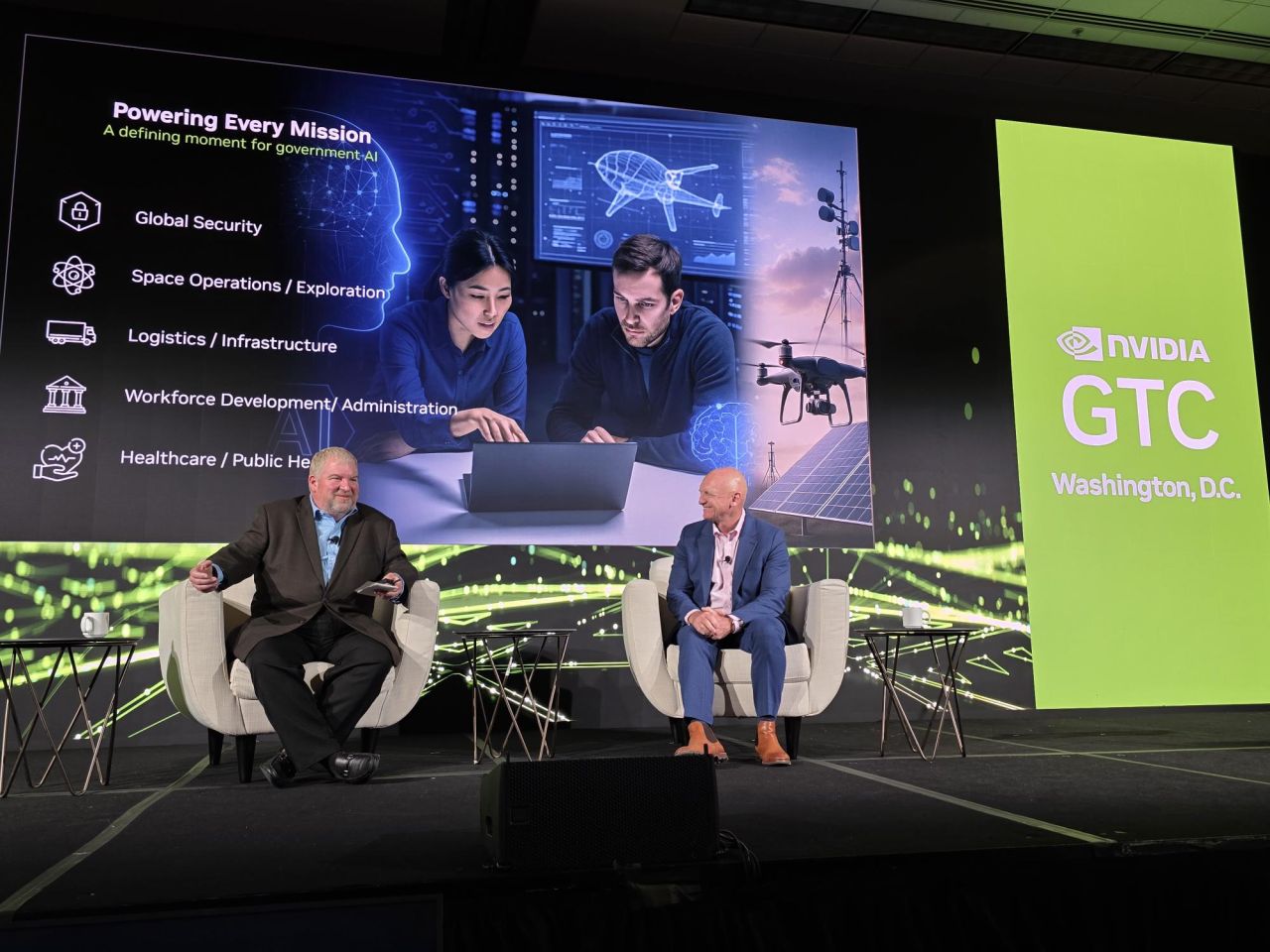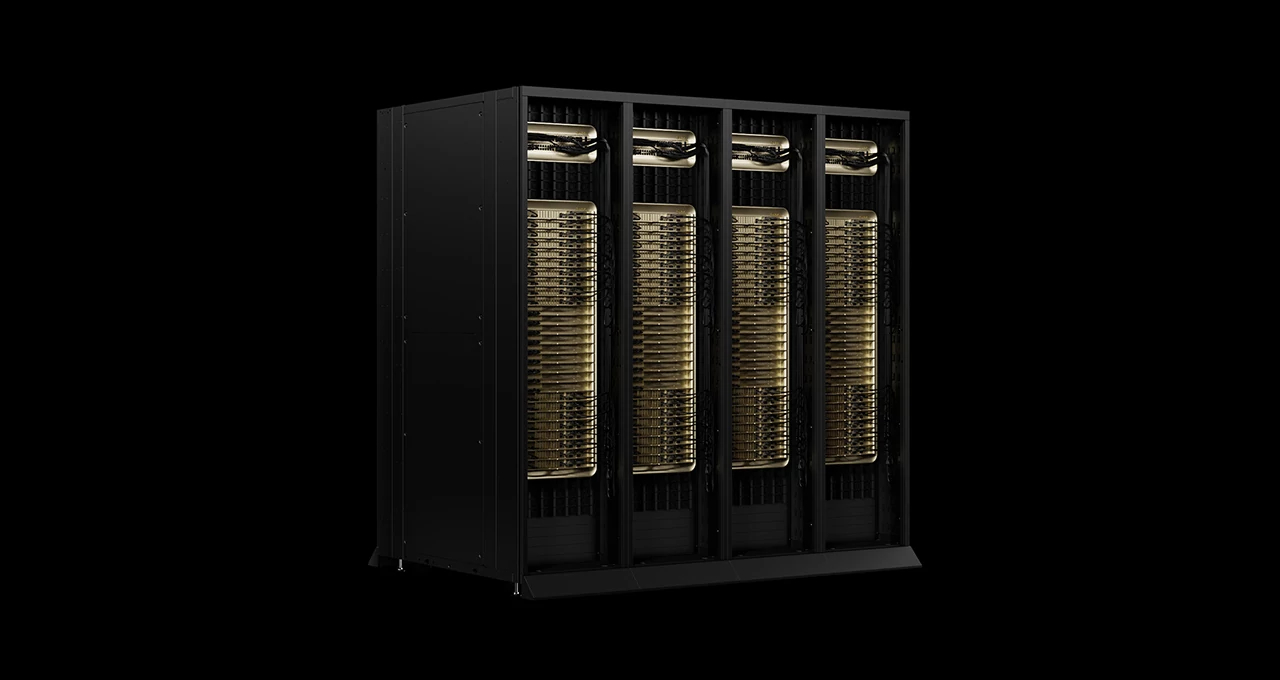





Develops interoperable sensing and C2 architectures for multinational maritime missions.Advances NATO and DOD maritime integration through physical AI experimentation.
Advances NATO and DOD maritime integration through physical AI experimentation.
Accelerates design and testing of autonomous weapons systems using digital twin modeling.
Supports affordable, scalable missile architectures aligned with operational needs.
Improves endurance, adaptability, and autonomy of UAVs for operations in remote or denied areas.
Enables new mission planning and platform development for long-range, persistent flight.
Validates compact THz imaging sensors for potential space-based surveillance missions.
Defines pathways for onboard AI processing and future edge-enabled ISR applications.
Develops AI-enhanced targeting systems to improve accuracy and responsiveness of HEL platforms.
Strengthens Navy capability to defend against drone swarms and other fast-emerging threats.
Designs AI-powered maintenance tools that operate without cloud or network dependency.
Enhances real-time fault detection and repair to increase mission readiness in austere conditions.
Creates digital twins to simulate and manage energy infrastructure across naval installations.
Improves mission assurance and operational resilience in contested and distributed environments.
By equipping warfighters with cutting-edge capabilities and operational insight, the NIC at NPS strengthens our ability to prevent and respond to threats—ensuring credible, forward-looking deterrence in contested environments
The NIC at NPS delivers mission-ready solutions and a tech-enabled DOD workforce that enhances the lethality of the joint forces and provides a decisive edge in future conflicts

